First, FIV is no big deal, it’s simply a virus. Most FIV cats live long, healthy, happy lives when given loving homes. FIV cats will live as long as other cats and die of the same old-age diseases. It is primarily spread by deep, penetrating bite wounds, not though play bites or saliva.
Here are some of our current and past FIV cats. Kurt is still available!
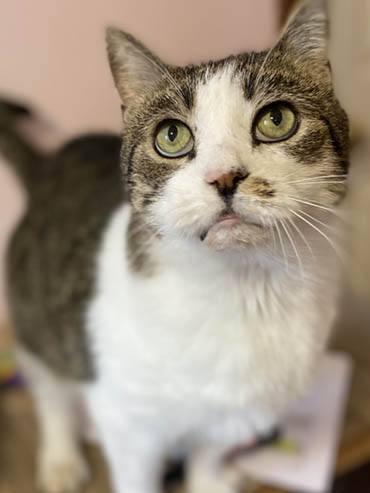
Toby (Rest in Peace) 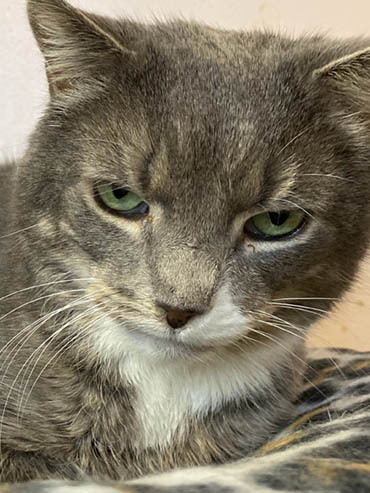
Kurt (available) 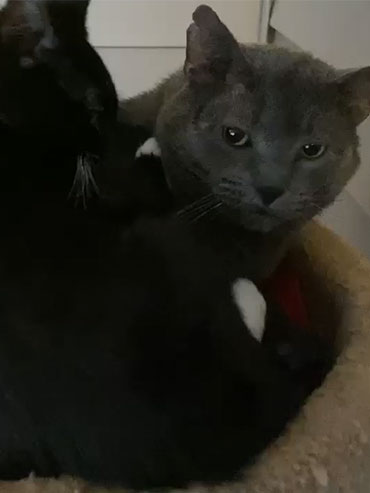
Charlie (adopted) 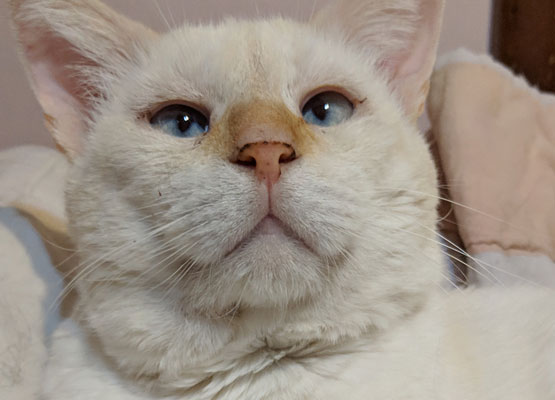
Murphy (adopted) 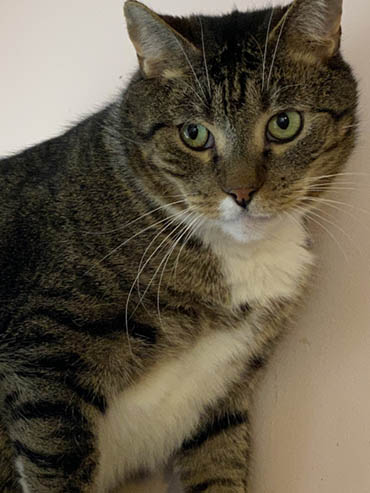
Radio (adopted) 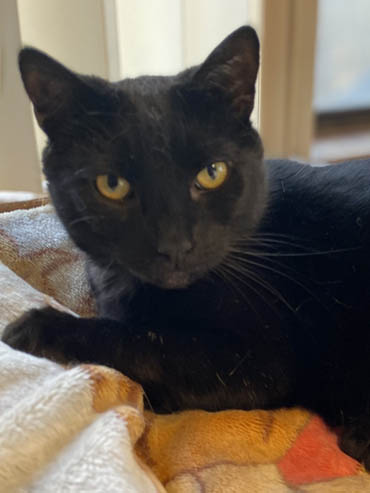
Coalie (adopted)
The biggest problem faced by FIV cats is Myth-Information. The Internet is horrible since whatever goes on the Internet, stays on the Internet. Forever. People, including vets will look up FIV and find 10-25 year old articles and add that into their article or practice. To make matters worse, many vets are uneducated when it comes to FIV, not keeping up with the research. Other vets do keep up with the latest medical research. Luckily, new vets are being taught in school that FIV is no big deal. Shelters take their cues from vets, so this out-of-date information gets FIV cats killed.
Most FIV cats die of old-age diseases just like other NON-FIV cats. And people are challenging their vets and shelters to stop killing cats simply for testing positive for antibodies to FIV and to adopt them out.
FIV Testing
Another thing that is not mentioned above is that the ELISA aka SNAP test that is used as a screening test by vets and shelters has many false-positives. Researchers recommend that any cat, especially if they are healthy, have a confirmatory test done. The PCR test is what the researcher I am in contact with recommend. This is a test that is sent to a lab. Some vets and shelter recommend the Western Blot as a confirmatory test, however, they base it on research done by the researcher I work with, Julie Levy, and she stands firm that PCR is the way to go (I confirmed this with her just last month for the book).
The ELISA aka SNAP test used by most shelters and vets, has a 20% – 32% error rate (giving false-positives).
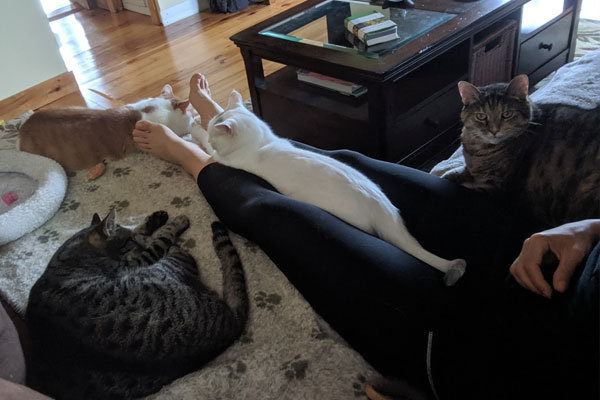
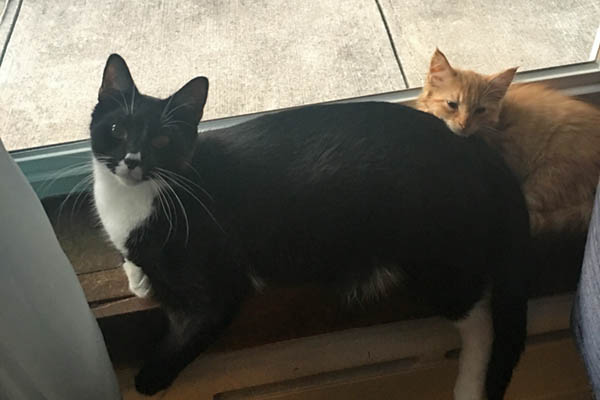
FIV Facts
- FIV simply means a cat’s immune system MAY be compromised somewhere down the road.
- FIV is a lentivirus, which is very slow acting and usually won’t affect a cat for 7 to 10 years.
- Most FIV cats live long, healthy, normal lives with no symptoms at all.
- FIV cats need the exact same good care you give to ANY cat.
- FIV is not easily passed between cats and cannot be spread casually. It is NOT passed by sharing of food or water dishes, grooming each other, litter boxes, mock fighting, scratches, nor even sneezes.
- A neutered FIV cat, in a home, is extremely unlikely to infect other cats, if properly introduced.
- FIV and Non-FIV cats can live together in the same household
Read more about FIV
More Cats Would Be Adopted If Everyone Knew These Facts About FIV And FeLV